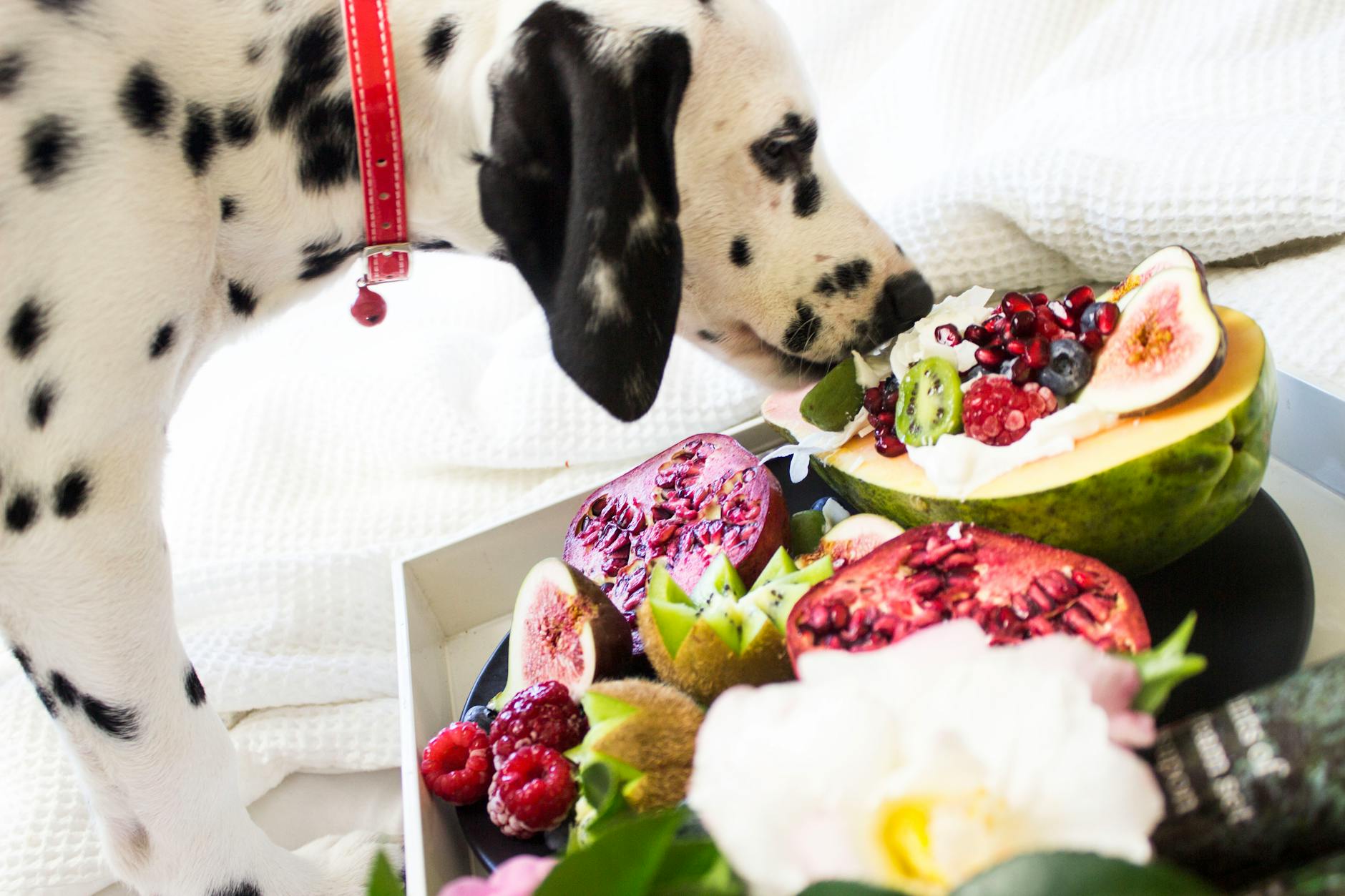Master Melbourne Dog Aggro! Top Training Tips

Dog aggression is a concern for many pet owners in Melbourne. Nobody wants a loving family pet to turn into a source of stress and anxiety due to aggressive behavior. Aggression in dogs can range from barking and growling to biting and nipping. However, with the right training techniques and an understanding of dog behavior, you can help transform your aggressive dog into a calmer, happier pet. In this article, we will provide you with expert tips to help manage and reduce aggression in your dog.
Understanding Dog Aggression
Before diving into the training tips, it's essential to understand that aggression in dogs can originate from various factors such as fear, territorial behavior, possessiveness, pain, and a lack of socialization. Identifying the root cause of your dog's aggression is crucial for effective training and behavior modification.
Common Types of Dog Aggression
- Fear Aggression: This occurs when a dog perceives a threat and reacts defensively.
- Territorial Aggression: Dogs may become aggressive when defending their home or space from perceived intruders.
- Resource Guarding: Some dogs may show aggression to protect their food, toys, or other valued items.
Top Training Tips to Reduce Dog Aggression
Tip 1: Establish Leadership
- Assert calm and assertive leadership to help your dog feel secure and understand that you are in control.
- Use consistent rules and boundaries within your home.
- Provide structure through routine feeding, walking, and training schedules.
Tip 2: Socialize Your Dog
- Introduce your dog to a variety of people, animals, and environments in a controlled and positive manner.
- Start socializing at a young age to ensure proper behavior around others.
- Attend socialization classes or doggy daycare for controlled exposure to other dogs.
Tip 3: Positive Reinforcement
- Reward your dog for calm and non-aggressive behavior with treats, praise, or play.
- Avoid using punishment, as it may exacerbate fear or aggression.
- Focus on reinforcing the behaviors you want to see.
Tip 4: Desensitization and Counterconditioning
- Gradually introduce your dog to the source of their aggression in a controlled environment.
- Pair the presence of the trigger with something positive (like treats) to change the dog's emotional response.
- This should be done slowly and at a pace your dog can handle.
Tip 5: Professional Training
- Consider seeking help from a professional dog trainer or behaviorist, especially for severe cases of aggression.
- A professional can provide personalized guidance and support.
- Look for trainers that use humane, science-based training methods.
Tip 6: Exercise and Mental Stimulation
- Ensure your dog gets plenty of physical exercise and mental stimulation to reduce excess energy that could contribute to aggression.
- Engage in activities like walking, running, playing fetch, or agility training.
- Puzzle toys and interactive games can help keep your dog's mind engaged and focused.
Tip 7: Avoiding Triggers
- Identify what triggers your dog's aggression, and try to avoid or manage those situations.
- If your dog is aggressive towards other dogs, choose less crowded walking paths or times of day when fewer dogs are out.
- Manage your environment to reduce the likelihood of aggressive encounters.
Final Thoughts
Overcoming dog aggression requires patience, consistency, and time. Every dog is unique, and the approach to managing aggression may vary. If you're in Melbourne and your dog is displaying aggressive tendencies, be proactive about seeking help and start implementing these training techniques. With dedication and the proper guidance, you can transform your dog's behavior and enjoy peaceful coexistence.
Remember, if at any point you feel overwhelmed or if your dog's aggression seems to be escalating, do not hesitate to reach out to a professional for help. Your journey to a calmer, happier pet begins with understanding and an effective training plan. Good luck!